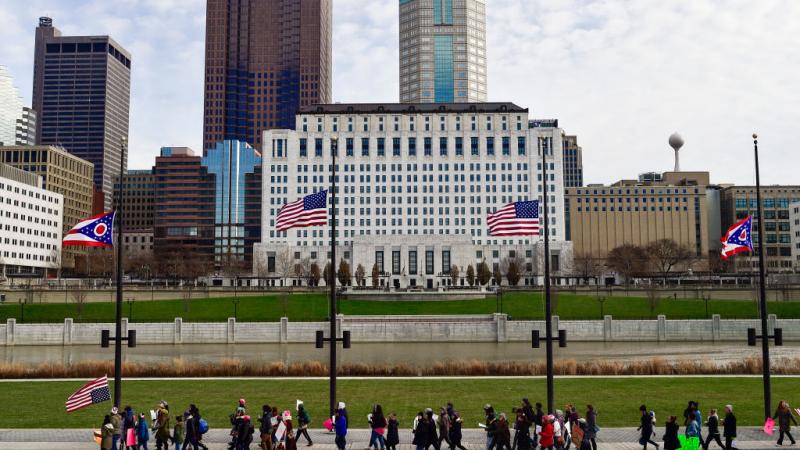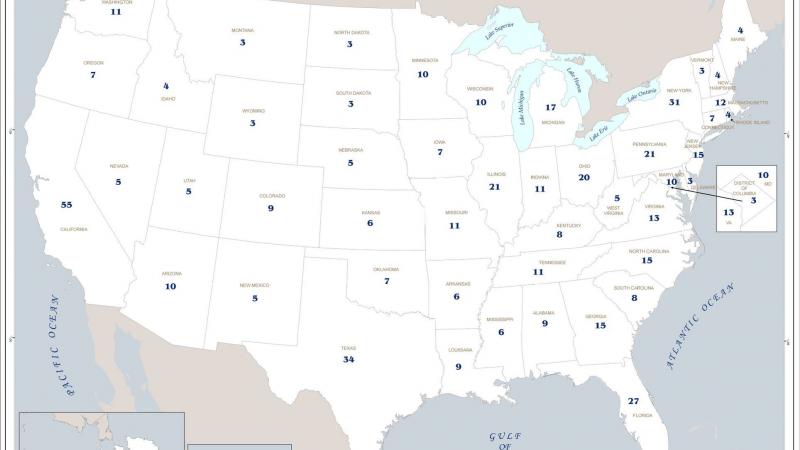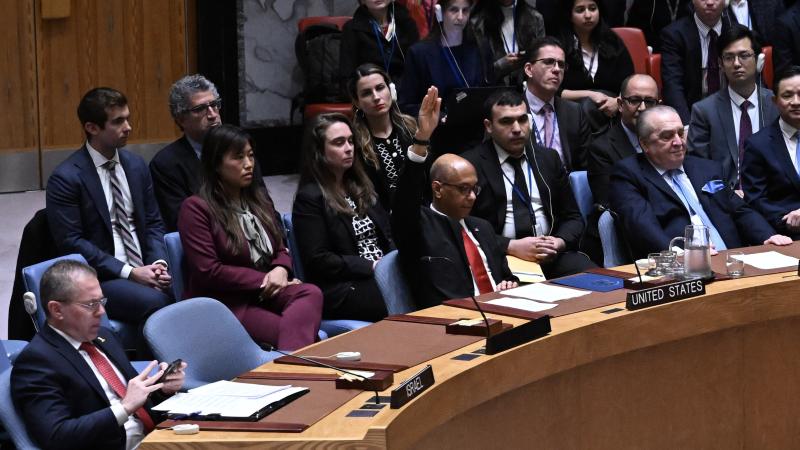Virginia budget deal includes middle class tax cuts, grocery tax cut
The deal earned approval from Republicans and Democrats in a joint committee.
(The Center Square) -
After months of debate about Virginia’s biennium budget, lawmakers reached a deal to provide an income tax cut for the middle class, a reduction in the grocery tax and a pay raise for teachers.
The deal earned approval from Republicans and Democrats in a joint conference committee, but still needs to pass the House of Delegates and the Senate and be signed by Gov. Glenn Youngkin. Republicans narrowly control the House and Democrats narrowly control the Senate.
Youngkin and legislative Republicans made a lot of headway on raising the standard deduction in the deal, which would provide broad tax cuts for the middle class. Per the agreement, the standard deduction would increase to $8,000 for single filers and $16,000 for joint filers, which is up from the current $4,500 for single filers and $9,000 for joint filers, according to a spokesperson for the House Republicans.
House Republicans initially hoped to double the standard deduction, but Senate Democrats sought to keep the standard deduction unchanged prior to negotiations. The agreement got Republicans more than three-fourths of the way there.
Chris Braunlich, the president of the free-market Thomas Jefferson Institute, told The Center Square the standard deduction deal is a win for Virginia taxpayers.
“Ronald Reagan once said that our 80% friend is not our 20% enemy,” Braunlich said. “We’ve been fighting for a doubling of the standard deduction and this agreement gets us to 77.78% of what the taxpayers deserve, and that’s close enough to 80. It’s the first step on what we hope is a road to genuine tax reform that will restore Virginia’s competitiveness and let Virginians keep more of what they earn.”
Senate Democrats won the battle over the grocery tax reduction. The agreement keeps the local 1% option for the grocery tax, but eliminates the state’s 1.5% tax collection, which is the same plan passed in the Senate version of the budget earlier this year, according to the House Republican spokesperson. House Republicans failed to fully eliminate the tax with their plan to end the local option and offset those revenue losses with additional state funding.
Another tax change in the budget deal is that it makes the Earned Income Tax Credit refundable.
Although there was some talk about passing a gas tax holiday and suspending the most recent gas tax hike until next year, Senate Democrats shot down those bills earlier this year and there are not any changes to the gas tax included in the budget deal.
Stephen Haner, a senior fellow for state and local tax policy at the Thomas Jefferson Institute told The Center Square the budget helps middle-class earners and lower-income earners
“The higher standard deduction is great for the middle class and the Earned Income Tax Credit change helps the lower-income wage earner,” Haner said. “Lower taxes on groceries will help both groups. It looks like good progress across the board.”
Both sides intended to increase salaries for teachers, but negotiators went with the Senate plan, which provided a higher pay raise. The deal would give teachers and other state employees a 5% pay increase in the first year of the budget and another 5% increase in the second year of the budget. The plan would also give them a one-time $1,000 bonus.
The budget deal would also include $750 million more guaranteed for unfunded liabilities in the Virginia Retirement System, with possibly another $250 million, depending on state revenue. It would provide $700 million more for Medicaid and $217 million more for community-based mental health services. The compromise includes $255 million more for a housing tax credit and $150 million more for the Virginia Housing Trust Fund.
Lawmakers intend to meet June 1 to vote on the budget deal.














